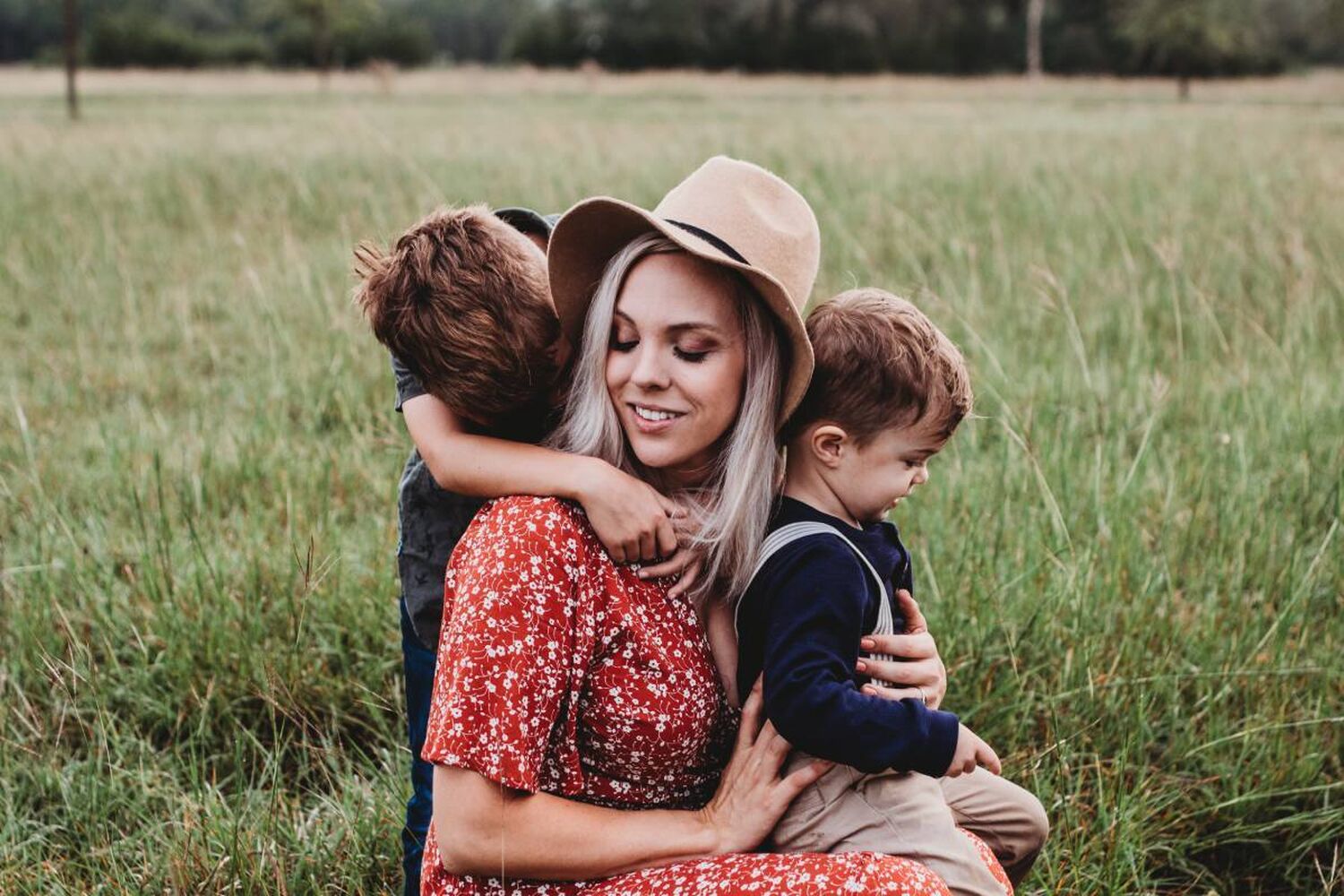All Lisa* wants for her children is to be loved, accepted, and supported. Three of her four children are in foster care, and despite her being unable to care for them at certain times, Lisa’s parental instinct to stand up for their best interests has never changed.
“Children don’t ask to be born,” Lisa says, “they're not asked to live the life that they do. It's not their fault that their parents might have made some bad choices."
Lisa admits she has made some poor choices in life, resulting in her children being cared for by other families. But she also acknowledges how hard she has worked to ensure her children still know she loves them, and to be there for them in any way she can.
Lisa is pushing back against the stigma that birth parents don’t want to be part of their children’s lives.
When you lose your children for whatever reason, a big wide umbrella is put over you for the single fact that you lose them. Just because you don't have your children in your care doesn't mean you’re not a parent.
Lisa grew up in and out of foster care herself, experienced homelessness as a child, and has spent time in juvenile detention. She knows firsthand the devastating and long-lasting impact that not having a loving family has on a child and although Lisa is not in a position to care directly for some of her children, she is determined to be there for them in every way she can.
"It's important children know their parents love them. It definitely does impact you for the rest of your life," she says.
Lisa believes that her experience growing up without a family to advocate for her is a big reason she’s such a persistent and vocal advocate for her own children, even though they are in care.
One of the most challenging things for Lisa is seeing how the critical shortage of foster carers impacts her children. She has seen them moved through temporary carers when long term carers can’t be found. The lack of stability is heartbreaking for Lisa to witness.
Lisa’s oldest child, Zach*, has complex behaviours, due to traumas he experienced. Zach was only five years old when he started experiencing suicidal thoughts. The lack of a suitable long-term carer compounded things for Zach, as he couldn’t heal and move forward.
Lisa felt powerless to help; she was unable to care for Zach herself or find him a stable home.
That was until Zach went on a short respite stay with Andrea*. Andrea knew Zach’s history, and the challenges he faced, but she welcomed him with open arms. Lisa believes it has made the world of difference, as “she didn't see him as a black sheep or a labelled child."
When Zach is acting out, Andrea reminds him that "It's a bad day, or a bad headspace, but you're not a bad child. You're still loved, and we'll just try again tomorrow." This unconditional love and support have helped Zach turn a new leaf. He feels optimistic about life and is starting his healing journey.
Lisa knows that without Andrea, Zach’s future would have a very different outlook. And she knows the difference other children could experience if there were more foster carers available. Lisa puts herself in the shoes of a someone considering becoming a foster carer and says it's just about extending the love you have for your own children.
If you are able to provide a warm bed for a child to sleep in, read them a book at night if they can't sleep, would you not want to give that to a child who deserves it just as much as your own?
Lisa believes that if people can, they should foster. Most simply because “the children deserve it,” she says.
"If you have the capacity to welcome a child into your home, you should do it for kids that are vulnerable like foster kids. If you can give a child a roof over their head, if you can take them to the park, make them smile, bake cookies with them… you can make a difference. It's about giving those other children, what you could give to your own."
*Names changed to protect privacy






